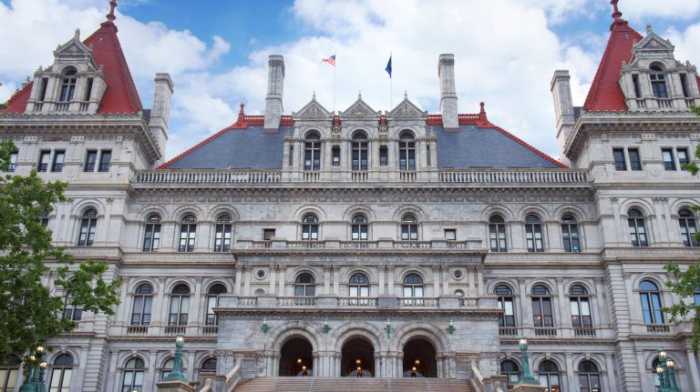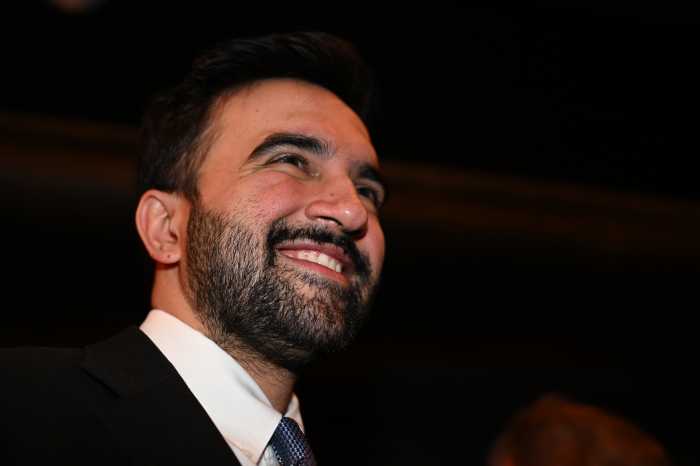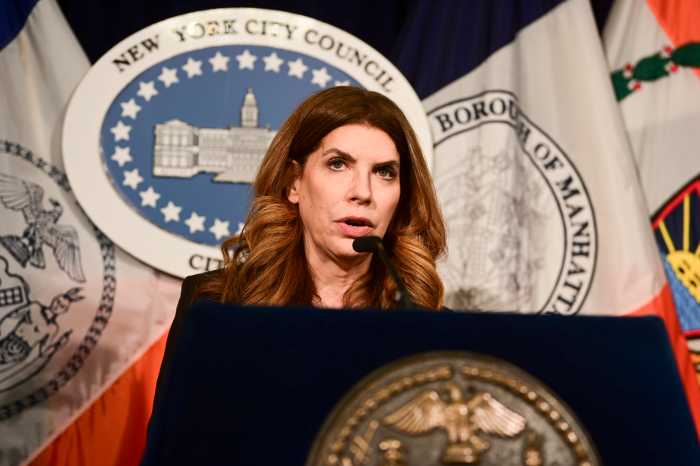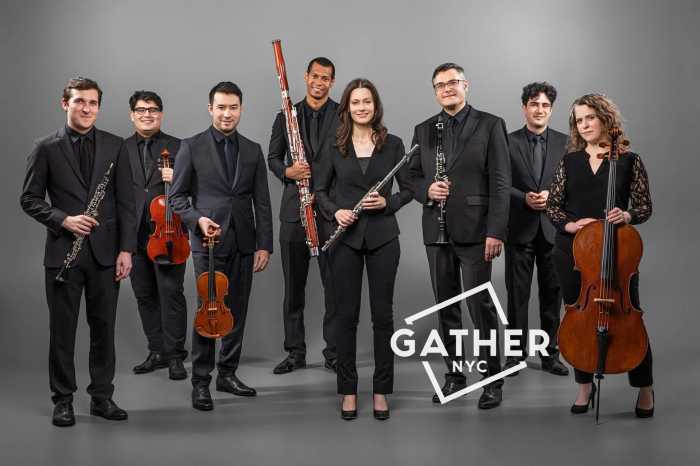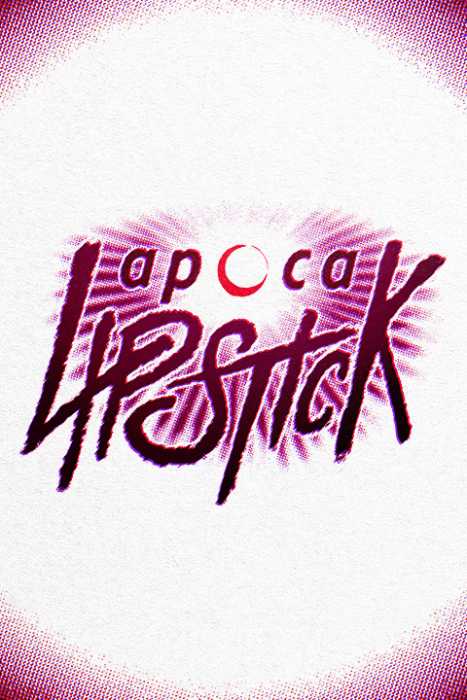Nursing leaders, health educators, and public health advocates like me are gravely concerned by proposed funding cuts to Medicare and Medicaid. These cornerstones of our nation’s healthcare safety net programs are vital to the well-being of millions of Americans, especially older adults and those living in underserved communities. Weakening these programs threatens not only individual health – it undermines the foundation of a healthier, more equitable society.
Medicare and Medicaid represent more than just public policy; they are moral commitments to ensuring that everyone, regardless of age, income, or background, has access to the care they need. For older adults in particular, these programs are lifelines supporting the management of chronic diseases, recovery from illness, and access to preventative services that improve quality of life and reduce costly hospitalizations. For many Americans, Medicare and Medicaid make the difference between living with dignity and falling through the cracks.
The consequences of proposed cuts would be profound and far-reaching. Stripping funding from Medicare and Medicaid would limit access to primary care, disrupt continuity of care, and make it more difficult for older adults to receive the long-term services they need to age with stability and peace of mind. This is especially alarming in light of our rapidly aging population. By 2030, one in five Americans will be over the age of 65. Cutting back now would be shortsighted, especially as the need for comprehensive, affordable geriatric care continues to grow, and will only increase for generations to come.
In New York State, the importance of these programs is particularly pronounced. As of 2024, more than 3.9 million residents – 18% of the state’s population – are enrolled in Medicare. Additionally, nearly 1 million New Yorkers benefit from the Medicare Savings Program, which helps eligible older adults save up to $7,000 per year in out-of-pocket healthcare costs. These figures aren’t just statistics; they represent real people: grandparents, neighbors, veterans, and caregivers who rely on these programs for medications, physician visits, and in-home support services.
Through initiatives that focus on adult-gerontology and community-based care, the Hunter-Bellevue School of Nursing is working to equip clinicians, such as nurse practitioners, with the knowledge and skills to support older adults as they navigate complex health conditions and chronic conditions.
The numerous challenges facing people in today’s complex healthcare landscape require nurses to play roles well beyond the bedside to advocate effectively for patients. They serve as a vital bridge between the healthcare system and the diverse neighborhoods they serve. As trusted voices in healthcare, nurses bring a holistic understanding of patients’ needs and clinical excellence, which is crucial in shaping effective health policy. We must harness this perspective to inform strategies that safeguard and improve access to Medicare and Medicaid. Nurses and nurse practitioners witness daily the impact that Medicare and Medicaid have on patients’ lives. We see firsthand how these programs provide a foundation for health, stability, and dignity—especially for those who are aging, living with disabilities, or managing multiple chronic conditions. Undermining them would lead to preventable suffering and exacerbate existing health disparities and strain on an already overburdened system.
Rather than threaten these essential programs and the millions they serve, we must protect and strengthen them. Investing in Medicare and Medicaid is more than just a policy decision — it’s a statement of our nation’s values. It says we believe in a healthcare system that cares for its elders, that addresses systemic inequities, and that invests in communities through a well-prepared and compassionate workforce.
I urge elected leaders, health professionals, and community advocates to reject proposed cuts and to protect these vital programs, today and for generations to come. The health, dignity, and stability of millions are on the line. Together, now is the time to build a healthcare system rooted in access, equity, and compassion — one that serves all of us, in every stage and circumstance of life.
Ann Marie P. Mauro, PhD, RN, ANEF, FAHA, FNAP, FAAN, is Joan Hansen Grabe Dean and Professor, Hunter-Bellevue School of Nursing at Hunter College of the City University of New York (CUNY).




